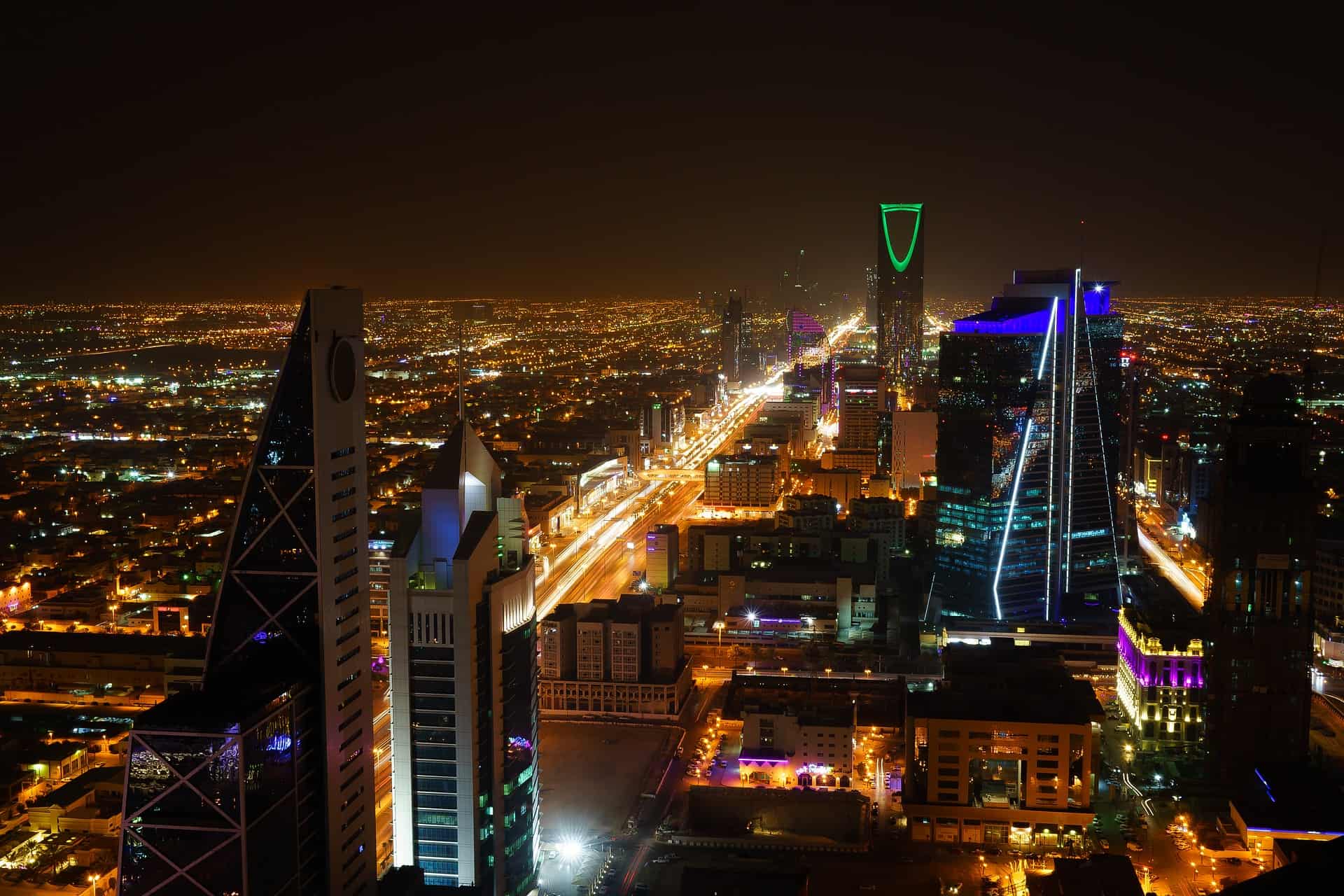The International Monetary Fund (IMF) has said the Middle East and North Africa (MENA) region needs an agenda of transformational policy to continue to grow.
Jihad Azour, Director of the Middle East and Central Asia Department at IMF, has said in a newsletter that while the economic recovery of the region is hobbled by several factors, it needs to rely on this transformation to forge ahead.
He wrote: “Many countries in the region saw a noticeable rebound last year following 2020’s unprecedented contraction.”
Azour added that the IMF’s January World Economic Outlook (WEO) Update showed 4.1 percent growth in the region in 2021, which seemed to be in consonance with global growth.
The challenges
The WEO Update highlights several factors that will shape the global outlook in 2022, said the IMF official.
These, he said, include the spread of the Omicron variant of Covid-19, which has triggered new mobility restrictions.
Then there are rising energy prices and ongoing supply chain disruptions, which are leading to more persistent elevated inflation.
The update also warned against the ongoing upheaval in China’s real-estate sector, which it said could have spillover effects on the global economy as well as on the MENA region
It has also cautioned against upcoming interest rate increases by the US Federal Reserve, which will look to rein in inflation in the world’s largest economy.
As for the MENA region itself, Azour said the economic recovery has been uneven.
He pointed, as example, to countries facing instability, conflicts, and political volatility, and said they continue to grapple with the economic and social consequences of the slow rollout of vaccines.

The opportunities
However, not all may be lost.
Azour said: “The pandemic has accelerated the economic transformation of several countries in areas such as technology investments, digitalization, adaption of production patterns to global changes and supply chain developments, and the development of social programs.”
What this means, he explained, was that “pursuing a transformational policy agenda will be critical for the MENA region in 2022.”
To that end, major economies in the MENA region have already got the ball rolling when it comes to diversifying their economies.
Saudi Arabia launched the Vision 2030 way back in 2015, and has been working its way to make the country a regional hub for — among other things — tourism, entertainment, and headquarters for tech companies.
The UAE is no outlier either. It has been working on its own agenda of economy diversification, which also includes energy transition from fossil fuels.
What now remains to be seen is how far these and other countries in the MENA region manage their transformational policies, and what results they yield.








